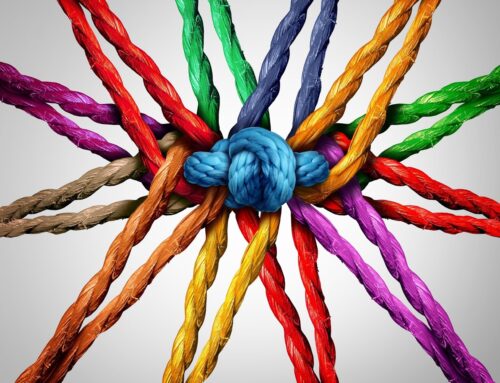I did a study three years ago of partner health across 14 strategic alliances and about ~400 respondents and found something very interesting about the nature of trust in alliances. We did a correlation of heath attributes against overall partner health. We found that when ‘trust’ was present it did not score very high in importance. When trust was not present, it topped the chart in importance.
I did not quite get understand the statistics behind this so I asked my analyst (that would be statistical analyst not psychoanalyst which one could argue might be more appropriate) and was told we had a Kana distribution. A what? A Kana distribution is kind of a Maslow hierarchy of needs. When trust is present, we take it for granted, like air. We breathe it, we live in it and we don’t notice it. It doesn’t seem important. That is until it is missing.



